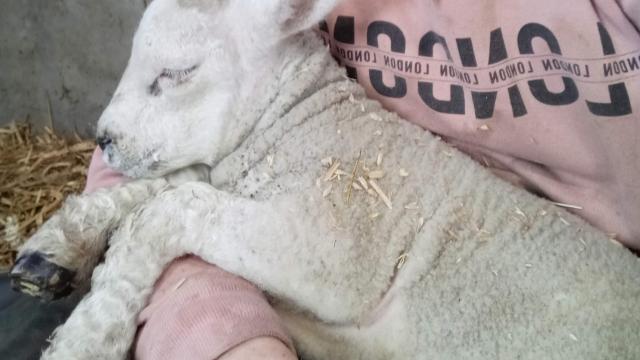
Today (27 March) St Catharine’s Members Lord Browne, Dr David Aldridge, Dr Catherine Rhodes and Professor William Sutherland, published a letter in Nature on the Biosecurity risks posed by Brexit. This is part of a wider biosecurity project St Catharine’s is launching called BioRISC, a world-class hub that will provide cutting edge, evidence-based information about existing and emerging biological security risks and interventions.
Creation of this initiative is particularly timely. Coordinated national strategies on biological security have recently been published and there is growing international dialogue on management of novel biotechnologies such as genome editing, gene drives, and synthetic biology.
The protection of human, animal and plant life and health and the environment, from a range of biological threats such as the introduction of pathogens, pests and invasive species, malicious use of biology, and accidental releases of biological materials from laboratories or during transport are serious issues. As well as direct impacts on health and biodiversity, biosecurity failures can have serious economic consequences – such as those seen in the UK with the 2001 and 2007 Foot and Mouth Disease outbreaks and BSE in the 1990s. Other significant consequences include damage to or loss of species of cultural and ecological importance, with the current spread of ash dieback disease a prominent example. BioRISC will bring together leading scientific experts, technology developers and policy makers, to shape the biosecurity research agenda and ensure solutions are grounded in evidence.





